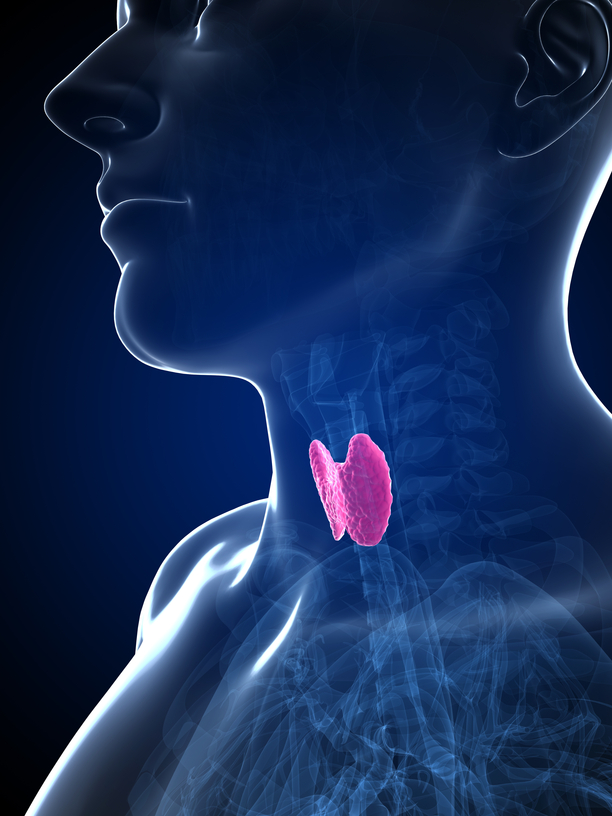Many of patients come in thinking they have a problem with their thyroid when they are having issues losing weight. Though it is not the only organ system important for weight loss, it is one of them.
In mainstream medicine, the thyroid is seen as black and white. If your Thyroid Stimulating Hormone (or TSH) is below 5, you are considered normal. If you are above 5, you have hypothyroidism. Yet I often see patients that are symptomatic well below 5. This is also the only testthat gets used. Rarely do I see testing that looks at how well the body is able to activate the thyroid hormone, which could be done from the same blood sample as TSH. You can also be having an autoimmune reaction to your thyroid, causing it to act sluggishly. I have seen thyroid optimization affect everything from fertility to libido.
Unfortunately, these numbers ignore people with subclinical hypothyroidism or people who might not be able to activate their thyroid hormone well. Symptoms are similar to true hypothyroidism: constipation, trouble losing weight, fatigue, dry skin, and hair loss.Exposures to toxins, pesticides, and heavy metals can be inhibiting to thyroid function. Gluten sensitivity may also play a part in a low thyroid. And stress also has a huge impact on the thyroid.
I find that my patients won’t feel their best unless we look at all aspects of their thyroid. If only one segment is looked at, we aren’t seeing the full picture. Sometimes treatment can be as simple as replacing the nutrients needed to activate the thyroid hormone. Other times it requires addressing why the body is attacking it’s own gland. Stress management is also key!
I do believe in a core principal of medicine, to first do no harm. So I usually start with the following order:
- Get thyroid and hormone testing to get a full picture of the endocrine system
- Optimize nutrition so that you are getting all the nutrients you need to function properly.
- Reduce stress! This is vital to the health of the thyroid.
- Use targeted nutrients to optimize your thyroid.
- Use a detox protocol to see if toxins are affecting your thyroid gland.
- If nothing else is working, consider hormone supplementation.
It is important to make sure your thyroid is functioning optimally, not just for weight loss, but also for your heart health! Even if you are not having symptoms, it is also important to get testing after any major hormone shift in women: getting pregnant, giving birth, and menopause. If any of this fits for you, get tested right away!
